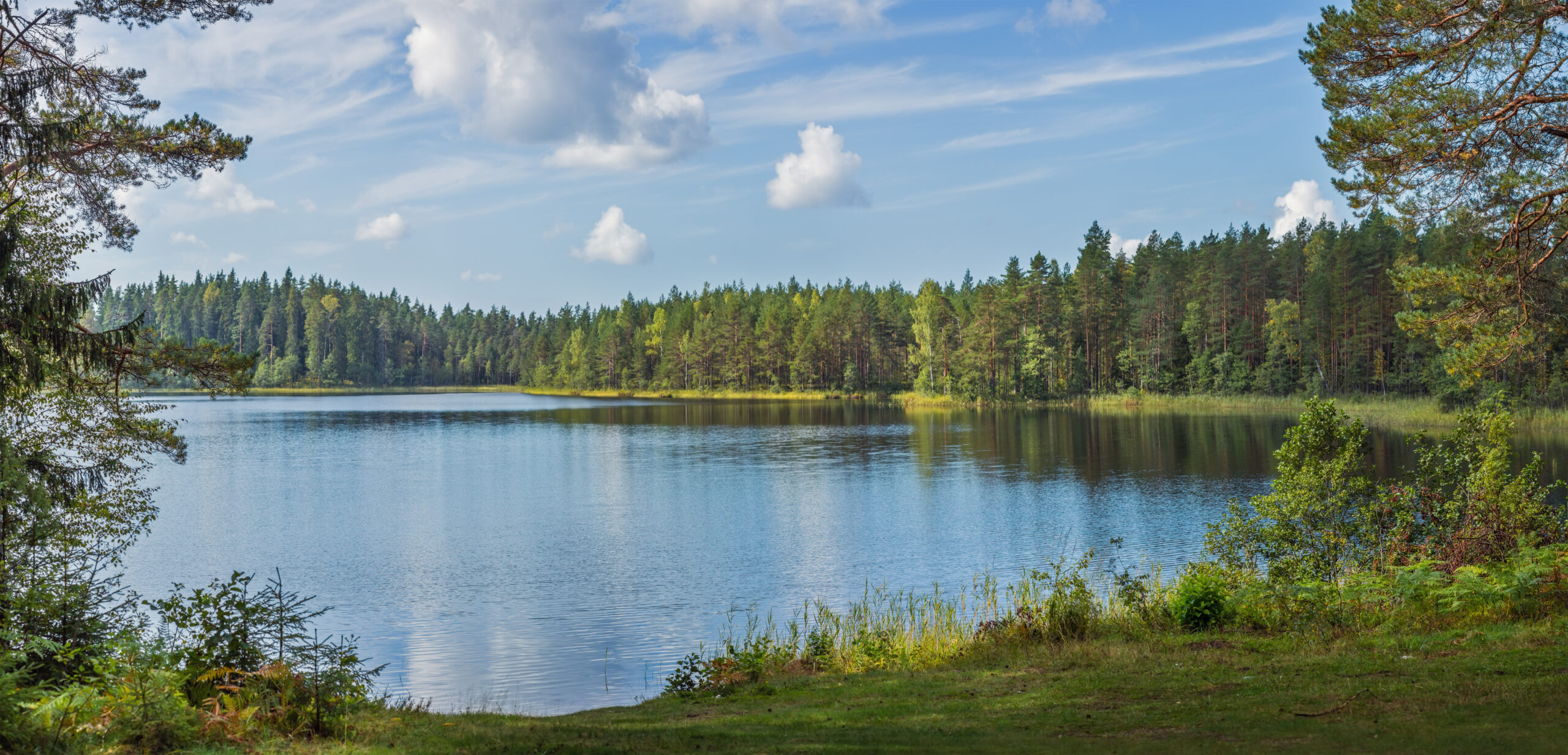By Mitch Seaworth
There’s something about the lake that feels timeless. The sound of water lapping against the shore, the gentle sway of a fishing kayak, and the smell of a campfire in the evening all create a sense of calm that’s hard to find anywhere else. Over the years, I’ve come to realize that spending time at the lake isn’t just a leisure activity—it’s a vital part of maintaining mental and emotional balance. Between fishing, family, and simply being present in nature, the lake has taught me lessons about life, patience, and mental well-being.
The Calm That Comes With Fishing
Fishing is more than just a hobby; it’s a form of meditation. There’s a rhythm to the process—casting, waiting, and paying attention to subtle movements—that requires focus while also giving your mind room to breathe. I’ve found that those hours fishing are some of the most mentally restorative moments in my life. It’s a time to disconnect from daily stress, deadlines, and digital distractions.
Studies have shown that activities like fishing can reduce stress, lower blood pressure, and even improve mood. But beyond the science, it’s the simplicity of the activity that matters. Fishing reminds you that sometimes the best way to solve problems or clear your mind is to slow down and be present.
Family Bonds Strengthened by Nature
One of my favorite parts of lake life is sharing it with family. Watching kids reel in their first fish, sitting around a campfire telling stories, or enjoying a quiet morning paddle together creates memories that stick for a lifetime. Family time in nature strengthens bonds in a way that’s different from activities in front of screens or busy schedules.
Being at the lake also teaches the importance of patience, respect for nature, and working together. It’s a hands-on lesson in life skills wrapped in an unforgettable experience. Spending time outdoors with loved ones fosters emotional connections, reduces tension, and promotes a sense of safety and belonging.
Disconnecting to Reconnect
One of the biggest benefits of lake time is the opportunity to disconnect. Phones, emails, and the pressures of daily life rarely make it to the water, and that’s exactly why the lake is such a stress reliever. By stepping away from constant notifications and obligations, you give your mind space to rest, recharge, and focus on what truly matters.
Even just a few hours of peace can have a profound impact on mental health. I’ve found that returning from the lake leaves me more patient, more focused, and better equipped to handle challenges at work and home.
Nature as a Natural Stress Reliever
Nature has a way of calming the mind. The sights, sounds, and smells of the lake trigger a sense of peace and relaxation that’s difficult to replicate in urban environments. The gentle ripples on the water, the calls of birds overhead, and the sight of a sunset reflecting off the lake’s surface provide sensory experiences that soothe anxiety and improve mental clarity.
Being outdoors also encourages physical activity, whether it’s paddling a kayak, hiking along the shore, or simply walking to the fishing spot. Physical movement combined with natural beauty has a powerful effect on reducing stress hormones and boosting overall well-being.
Finding Balance Through Routine
Regular trips to the lake create a sense of rhythm and balance in life. Whether it’s a weekend getaway, a weekday evening escape, or an annual family tradition, the consistency of lake time helps anchor your mental health. Knowing you have a space to unwind and recharge reduces the feeling of being constantly “on,” allowing your mind and body to reset.
For me, this balance has been crucial. It’s easy to get caught up in the demands of daily life. The lake serves as a reminder that mental and emotional health deserve attention just as much as any other responsibility.
Lessons Learned From the Water
Over the years, the lake has taught me lessons about patience, mindfulness, and the importance of being present. Fishing has shown me the value of waiting and observing, family time has highlighted the joy of shared experiences, and nature has reminded me to slow down and appreciate life’s simple pleasures.
Most importantly, the lake has underscored the connection between mental health and intentional time outdoors. It’s easy to underestimate the impact of fresh air, quiet moments, and family bonding on emotional health. But once you experience it, you realize that these moments are not just enjoyable—they’re essential.
A Place That Feels Like Home
The lake will always feel like home to me. It’s more than the water—it represents balance, healing, and connection. It’s a place where I can recharge, reflect, and reconnect with the people I love and the natural world around me. Whether it’s catching a fish, sharing a laugh with family, or simply sitting quietly and watching the sunset, the lake provides a mental reset that’s both powerful and necessary.
In today’s fast-paced world, it’s easy to forget the importance of slowing down and prioritizing mental health. For me, the lake is a reminder that balance is found in simplicity, and that sometimes the best way to take care of yourself is to spend a few hours in nature, surrounded by water, wildlife, and family.
